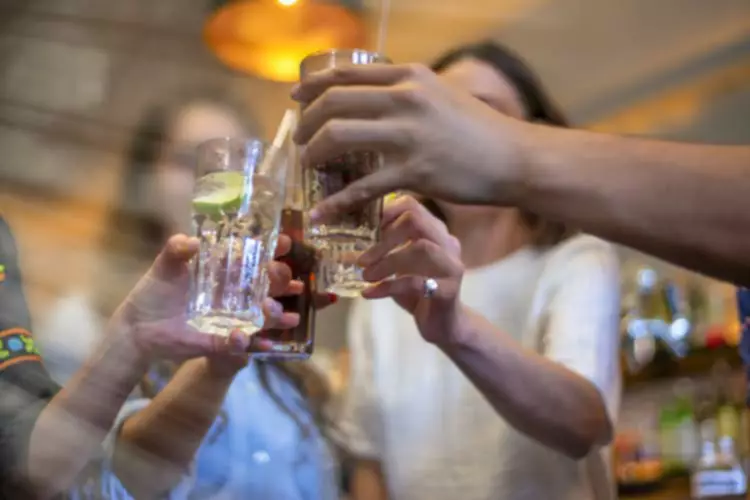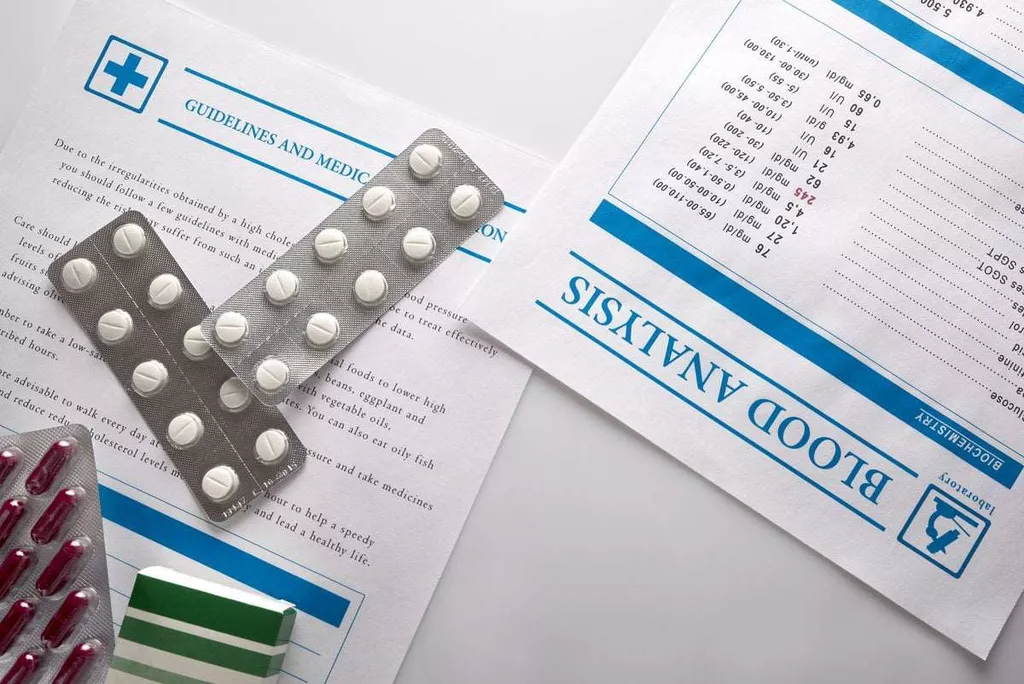
Quitting alcoholism treatment alcohol for an extended period may allow positive changes in brain structure. It may also help reverse adverse effects on thinking, memory and other cerebral functions. Alcohol interferes with the circadian rhythm, leading to sleep irregularities.
His clinic offers advanced drug and alcohol detox methods, long term recovery facilitation, and IV nutritional programs including NAD+ therapy. In a medical detox environment, it’s common to receive benzodiazepines for withdrawal. A patient may be given an initial injection followed by 1-2 weeks of tapered oral doses that are carefully monitored. It’s important to understand that withdrawal is not all in your head. Symptoms like rapid heartbeat, panic attacks, or a profound sense of impending doom can get worse and lead to fatal seizures.
Place a copy of your plan on your bathroom mirror, or somewhere you can always see it. Share your plan with someone you trust, letting them know how they can keep you accountable and help you meet your goals. Your plan should also include a system for measuring your progress, so you can know whether to continue with it or make necessary adjustments.

Importantly we help you understand that you are not giving anything up. Overall, stopping drinking can lead to a healthier and happier lifestyle. Weaning off alcohol can benefit people who drink moderately or have support systems. If you have a severe alcohol addiction, it might be best to seek professional addiction treatment. People who try tapering off alcohol won’t have the guided support of medical professionals that they would at inpatient treatment. In contrast, in-patient care can be more beneficial and less expensive in the long-term.
But if you drink alone, or down multiple drinks a day, it could turn into an unhealthy habit. If you can’t control it, it may lead to a condition called alcohol use disorder. Giving up drinking may let you focus on your relationships, work, and health. It also may ease any depression and anxiety and elevate your self-esteem. You must take firm steps and avoid negative influences to limit your drinking successfully. So, you will have to avoid former drinking buddies and try to start making new friends.
When you get stressed, try some deep breathing, listening to relaxing music, or going for a walk to clear your head. If it feels like too much to cope with on your own, join a local support group or find a therapist to help you through it. For more tips from our co-author, including how to set goals for your sobriety, read on. You will face triggers, experience cravings, and probably slip up. However, understand that slipping up does not mean that you’ve failed. Recovery is a long journey, so all you need to do is learn from your mistakes and move forward.

Limiting or abstaining from alcohol use can reduce your chances of developing cancer. People undergoing cancer treatment can also reduce the risk of complications by quitting alcohol. As drinking increases over time, withdrawal symptoms can progress from mild to psychologically exhausting and even dangerous. Many people avoid discussing their true levels of liquor stop drinking alcohol drawing consumption with their doctors. As a result, they do not find out about the proper use of benzodiazepines for withdrawal. Binging, abstinence, and relapse can form a vicious cycle that continues for many years.

You may also use this period to reconnect with those who left because of your drinking habits. Keep a calendar somewhere visible so you can tick off the days you successfully limit your alcohol intake. Don’t despair or call it quits if you slip up or drink above your daily limit, simply continue the next day. Higher levels of anxiety — which you may feel when quitting alcohol, especially in social situations — can also incite a desire for sugar. So you might be searching for sweets due to stress, a reaction that sounds like something we can all relate to. • Acamprosate can be used after alcohol abstinence to alleviate anxiety, restlessness, dysphoria and insomnia as your brain adjusts to life without drinking.
Various treatment programs are available to help you recover from addiction. The time it takes to taper off alcohol varies based on how much a person drinks. Regardless, The initial detoxification process may take several days. Even just one bout of drinking too much may weaken your body’s germ-fighting power https://ecosoberhouse.com/ for up to 24 hours.